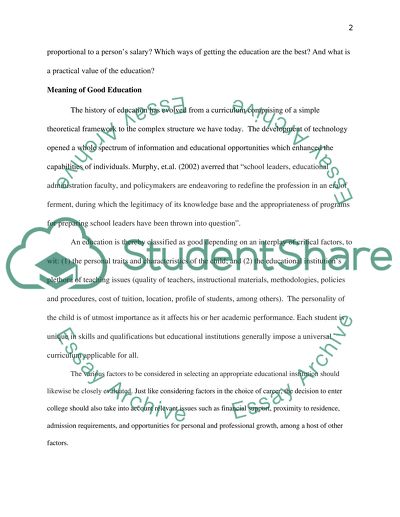Cite this document
(Why Is Education So Important Coursework Example | Topics and Well Written Essays - 2000 words, n.d.)
Why Is Education So Important Coursework Example | Topics and Well Written Essays - 2000 words. Retrieved from https://studentshare.org/education/1565462-why-education-is-so-important
Why Is Education So Important Coursework Example | Topics and Well Written Essays - 2000 words. Retrieved from https://studentshare.org/education/1565462-why-education-is-so-important
(Why Is Education So Important Coursework Example | Topics and Well Written Essays - 2000 Words)
Why Is Education So Important Coursework Example | Topics and Well Written Essays - 2000 Words. https://studentshare.org/education/1565462-why-education-is-so-important.
Why Is Education So Important Coursework Example | Topics and Well Written Essays - 2000 Words. https://studentshare.org/education/1565462-why-education-is-so-important.
“Why Is Education So Important Coursework Example | Topics and Well Written Essays - 2000 Words”, n.d. https://studentshare.org/education/1565462-why-education-is-so-important.


